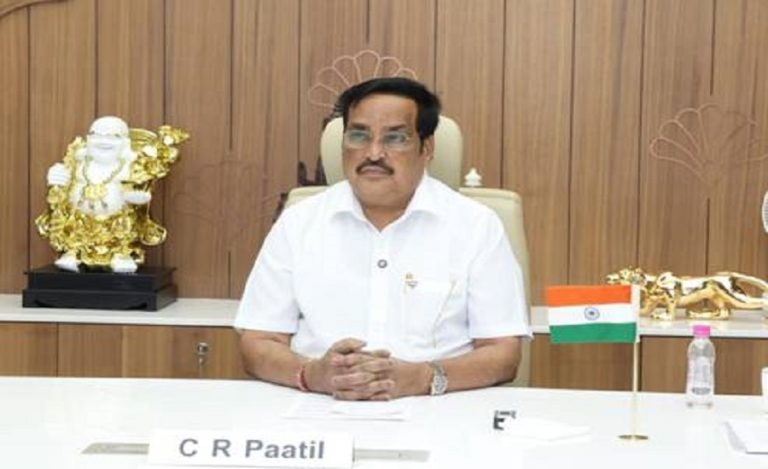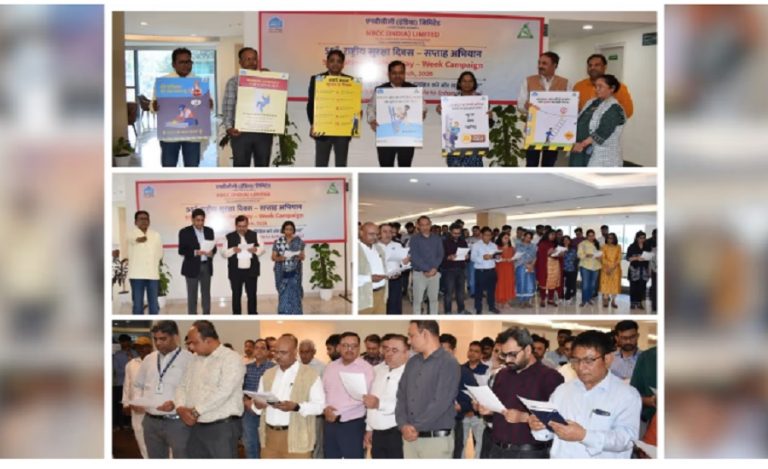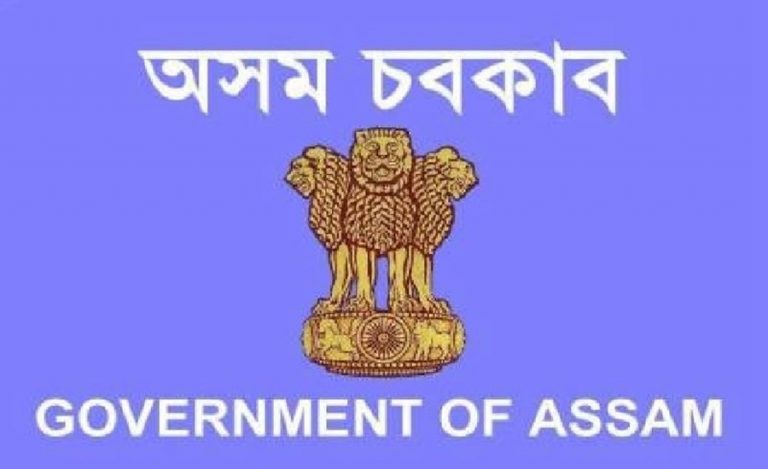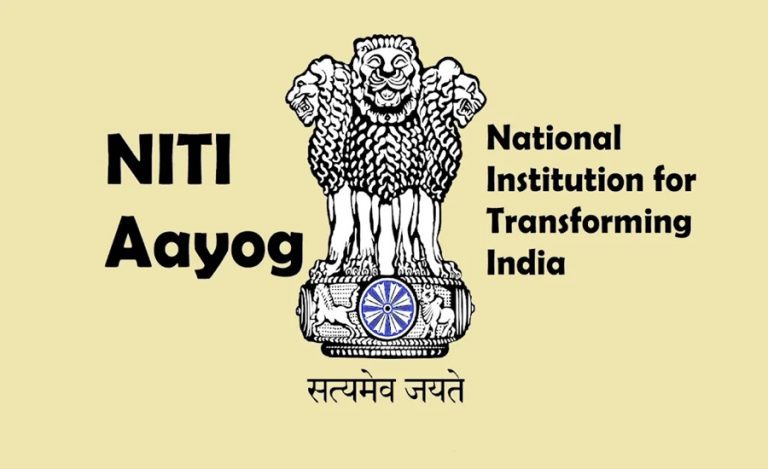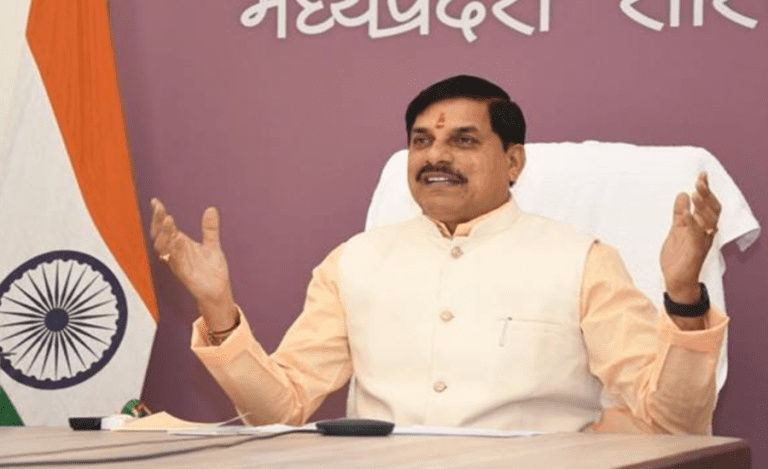It is often said that you always have to make the first move. Keeping this in mind, 2019 batch IAS officer Minal Karanwal has initiated a much-needed campaign against the effects of junk food, aiming to raise awareness and encourage dietary changes to combat modern diseases.
In an innovative effort, Ms. Karanwal has launched a significant project in Nanded, Maharashtra, aimed at improving nutrition awareness and understanding. Developed in collaboration with IIT Bombay, the project seeks to clarify the science of nutrition, making it accessible and practical for the daily diets of the local community. It focuses not only on raising awareness about diet-related diseases in the district, particularly in rural areas, but also on addressing malnutrition. Additionally, the project aims to educate people about the critical aspects of breastfeeding and adult nutrition, with a focus on the mathematical understanding of protein intake and leaving junk- food.
Indian Masterminds interacted with Ms. Karanwal, CEO of Zila Parishad, Nanded, Maharashtra, to learn more about this project.
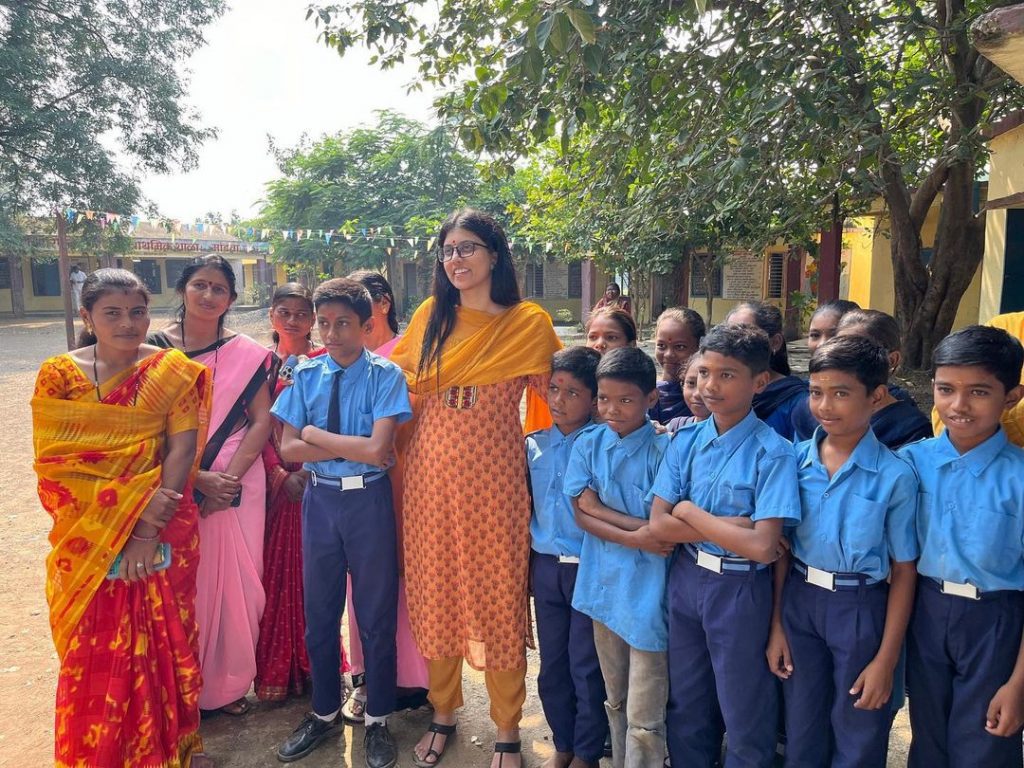
MATHEMATICS BEHIND PROTEIN
The cornerstone of this initiative is an MoU signed with IIT Bombay, under which the premier institution has committed to training Nanded’s entire health workforce. The training emphasizes two primary areas: breastfeeding and adult nutrition, now with a significant focus on the latter. The unique approach adopted involves breaking down the complex calculations of protein intake required per individual based on their body weight.
Ms. Karanwal said, “If you consult any dietitian, they will likely advise that your protein intake should roughly match your body weight in grams; for example, if you weigh 50 kg, you should consume about 50 grams of protein daily. However, this concept can seem daunting, as if it’s reserved for celebrities or the wealthy.”
To address this, IIT has simplified the issue by teaching us the mathematics behind protein intake. IIT has effectively elucidated the intricacies of protein consumption. Through their systematic approach, they’ve decoded the complexities surrounding protein.
In the mathematics of protein, IIT illustrates the protein content of common dietary items and how consuming them in specific quantities can align with our body weight requirements. For instance, they highlight that a glass of milk contains 8 grams of protein, as does a bowl of curd.
While acknowledging the importance of protein, IIT focuses on simplifying the process of determining how much to consume. They achieve this by emphasizing natural dietary sources and steering clear of advocating protein powders or bars.
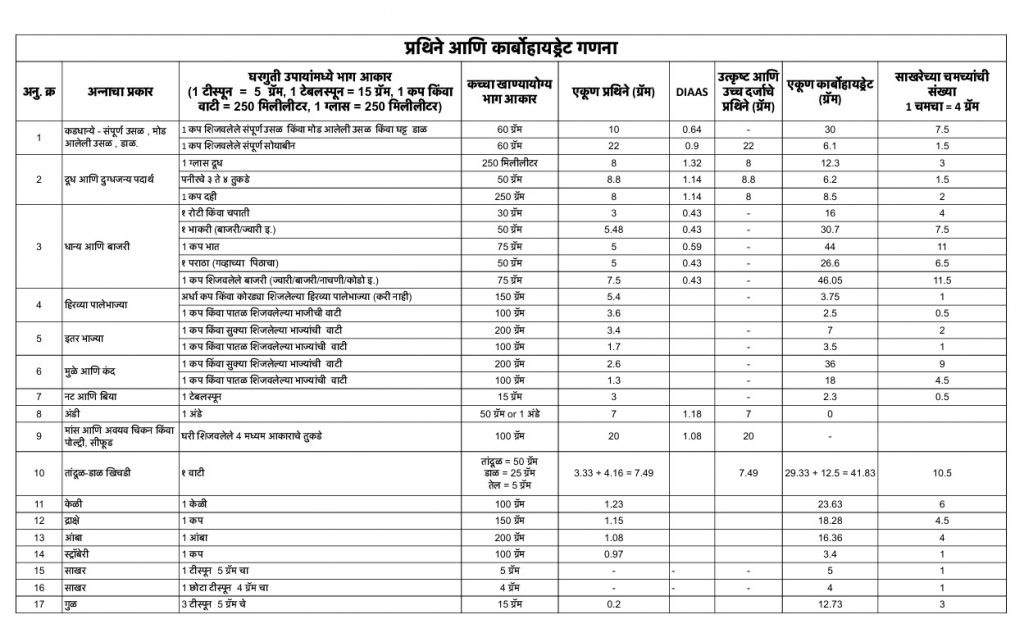
MISCONCEPTIONS
Parallel to nutritional education, the project confronts entrenched eating habits and widespread misconceptions about junk food, which are prevalent even among older demographics. IAS Karanwal highlighted the rising incidence of lifestyle diseases such as hypertension, diabetes, and high cholesterol levels in rural areas – ailments often dismissed as inevitable due to modern lifestyles.
However, Karanwal refutes this fatalistic view, pointing out that, despite continued agricultural labor, changes in dietary habits have introduced these health issues.
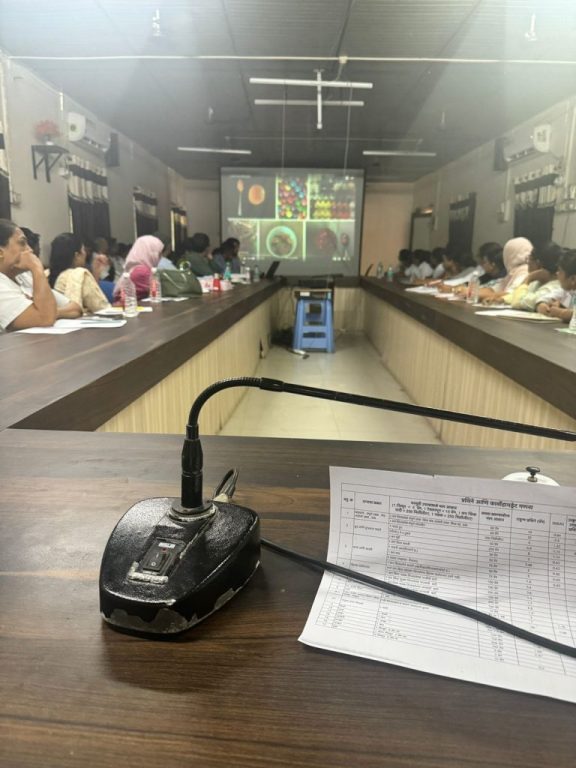
THE PROJECT
To combat this, the project involves a systematic training program for health workers at Ayush wellness centers, directing them to focus on preventive health measures. These centers, traditionally focused on promoting yoga, are now also emphasizing the importance of diet, equipped with detailed charts that explain the protein content in various foods, both local and otherwise. They are now educating individuals about dietary practices, including the mathematics of protein intake.
She said, “In rural settings, there’s a prevalent consumption of readily available fried foods, exacerbating health concerns. This realization prompted the initiation of our project.”
The administration has undertaken comprehensive training for the entire healthcare workforce, including Ayush wellness centers. She said, “We’ve provided people with detailed charts explaining the protein content of local and other foods, enabling them to calculate and plan their diets accordingly.”

WIDE REACHING IMPACT
The initiative’s scope is broad, with educational programs being conducted in schools, colleges, hospitals, and Anganwadi centers across the district. Wherever the National Child Health Program team visits, they advocate for this nutritional project, encouraging adoption at the community level. The program also features prominently in hospital OPDs, where patients receive guidance on both what to avoid and suitable alternatives.
Ms. Minal emphasized that the project doesn’t just focus on what foods to avoid; it explains why they should be avoided. Moreover, it provides healthier alternatives. This holistic approach forms the core of the entire project.
RESPONSE
The early response from the district, particularly in rural areas, has been overwhelmingly positive, albeit surprising, given the general lack of awareness about nutrition. Recognizing the challenges of dietary change, Ms Karanwal has initiated the implementation, starting with her workforce, where even small adjustments like banning sugary tea in meetings are encouraged to foster healthier habits.

A MODEL OF PREVENTIVE HEALTH
Ms Karanwal’s project is not just a health initiative but a transformative movement towards preventative healthcare. By integrating the expertise of IIT Bombay to simplify and clarify the role of nutrition in daily life, Karanwal hopes to inspire a shift in how rural populations understand and approach their eating habits, ultimately leading to a healthier community resistant to the lifestyle diseases that plague our modern society.








